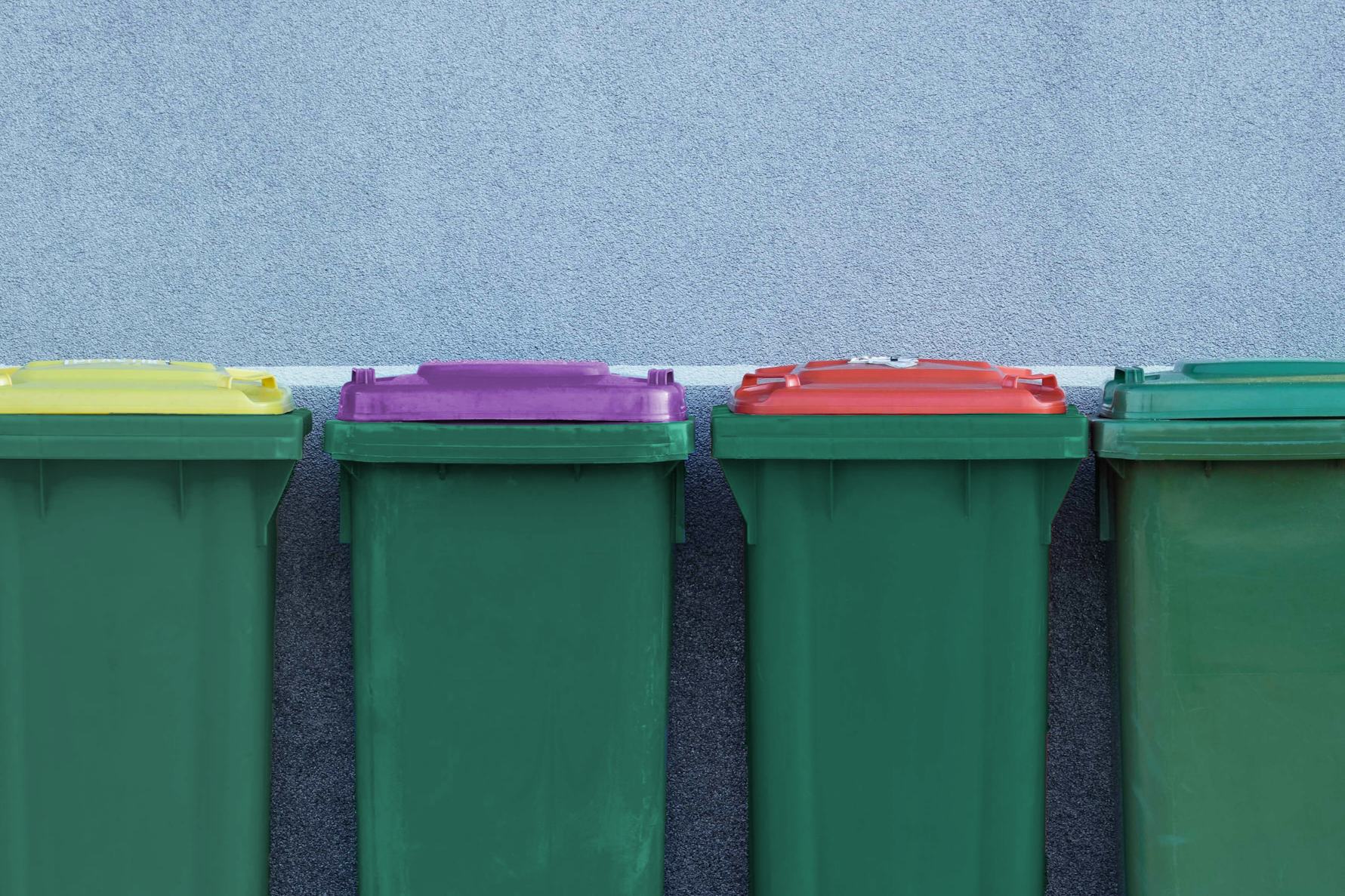Currently, soft plastics (plastics that can be easily scrunched in your hand like plastic bags and wrappers) cannot be recycled through council-run kerbside recycling services; they must be dropped off at your local supermarket’s REDcycle bin to be recycled. The recycling reform aims to allow all Victorians to recycle soft plastics in their household recycling bin by 2030 – an Australian-first target.
The reform is part of the Victorian Government’s transformation of the state’s recycling system. The four-bin system was announced in October last year, with a pledge to supply all households with a purple bin for glass recycling by 2027 and a green bin for food scraps and garden waste by 2030.
The latest announcement outlines the framework for the reform including an investment of $1 million into a new recycling facility in Campbellfield that will turn beverage cartons, coffee cups, and soft plastics into new building products. The facility aims to enable residents to recycle these problematic types of packaging at home, which are currently not accepted by all councils in Victoria.
Local governments like Hobsons Bay City Council and Macedon Ranges Shire Council are leading the way in the roll-out having already introduced new kerbside bins. The legislation will require all councils in the state to transition to the new system by 2030.
A solution for problematic packaging
Coffee cups and beverage cartons are notoriously difficult to recycle due to the different materials used to make the packaging (paper, plastic, and sometimes aluminium foil). While most Australians are able to recycle beverage cartons at home, some recycling facilities in Victoria are not accepting them, leading to numerous councils temporarily advising residents to put their beverage cartons in the garbage bin.
When plastic- and foil-lined paper packaging is recycled it’s turned into a raw paper-based product that is mixed with other materials like plastic, degrading the quality of the end-product and limiting its application in the manufacture of new products. An oversupply of materials, due to China’s restrictions on waste imports, and minimal markets for the end-products has put increasing pressure on the recycling industry to produce a solution. The establishment of the new Campbellfield recycling facility aims to provide Victoria with a local solution to these types of packaging, with up to 4,000 tonnes of materials expected to be processed each year.
Glass recycling bin will reduce contamination
A focus of the Victorian Government's reform includes the introduction of a separate purple bin for glass recycling to reduce contamination levels of all recyclables. By separating glass from other recyclable materials, Victoria will ensure cleaner streams of all recyclable materials and the quality of the raw materials recycling is turned into.
Recycling contamination – where different materials are mixed in the collection and sorting process, degrading their quality – has long been a problem in comingled recycling with glass being the main culprit. Glass can easily shatter during collection and contaminate other valuable materials such as paper and cardboard, reducing their quality and ability to be recycled. By separating glass from the comingled recycling bin, larger quantities of paper, cardboard and plastic will be recycled into higher quality materials.

Working towards the 2030 waste targets
The Victorian Government hopes these new measures will assist in achieving its goal to divert 80 per cent of waste from landfill by 2030. The addition of a green bin for food scraps and garden waste in particular is expected to help the Government reach its ambitious target of halving the amount of food waste sent to landfill by the end of the decade.
The Government has also announced investment in a local organics recycling facility to assist with the processing of organic waste from households and businesses into compost, which is expected to process 14,000 tonnes of food and garden waste each year.
Have your say about the reform
Victorians are invited to have their say on how the new four-stream bin system will work by visiting Engage Victoria between now and October 26, 2022.